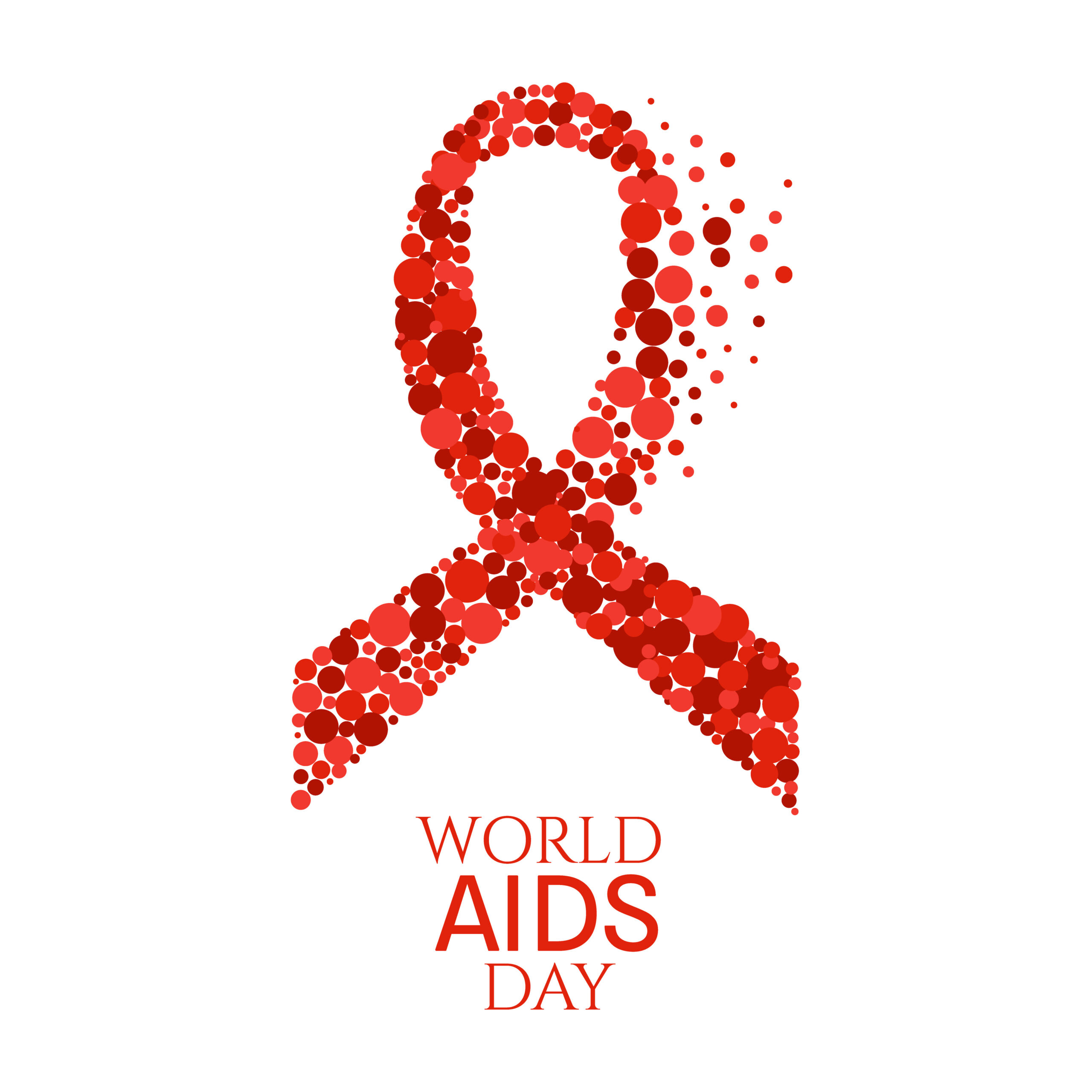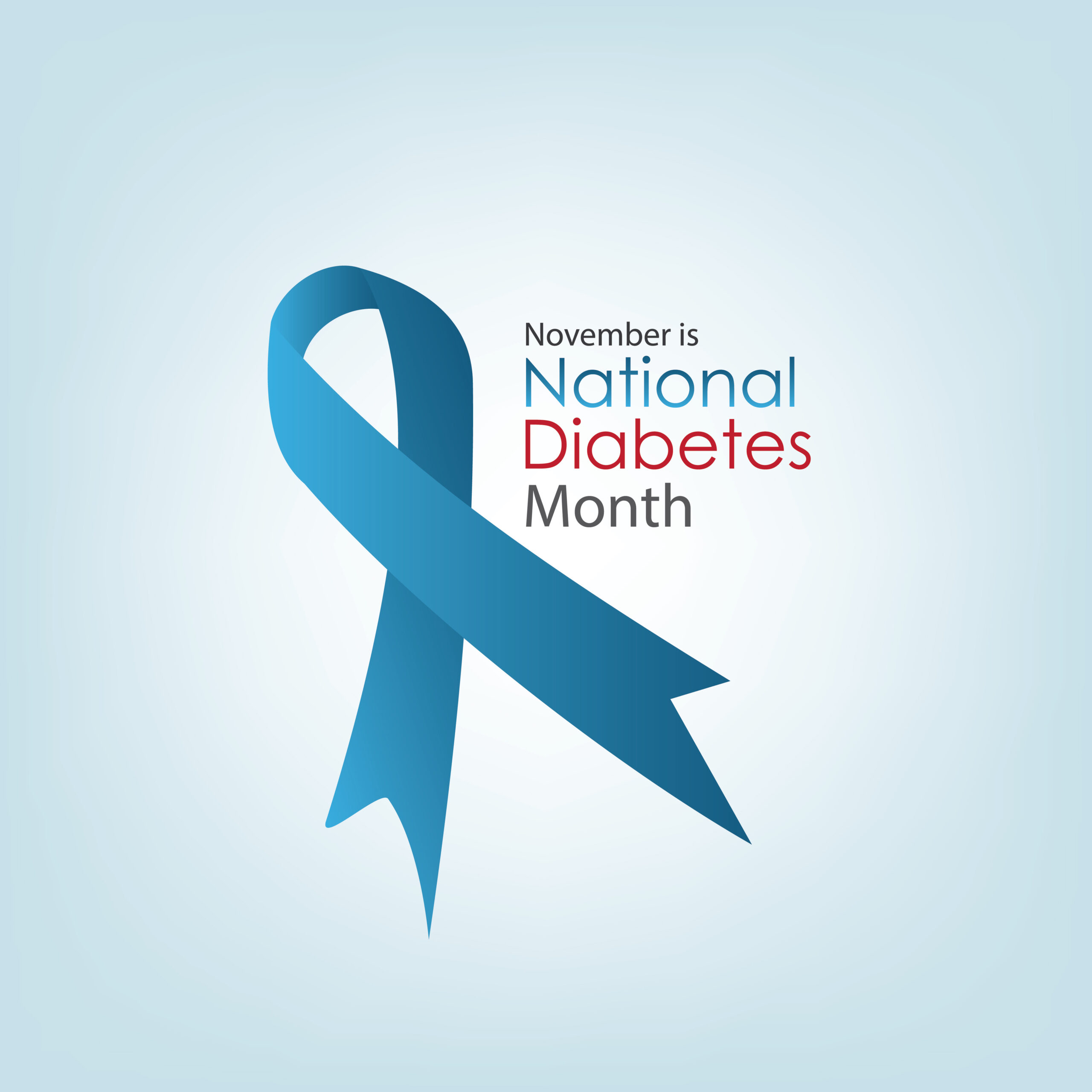
Alzheimer’s and Brain Awareness Month occurs in June each year. This month and every month, it’s important to have a conversation — or be mindful, if you will — of Alzheimer’s impacts and patient trends.
The effects of dementia and Alzheimer’s can be devastating, and some patients may experience challenges beyond the brain. LGBTQ+ patients are up to 30% less likely to access medical care or regular evaluations of cognitive impairment. Additionally, they are twice as likely to live alone compared with their straight counterparts.
As practitioners, we can best serve our patients by linking them with support, and encourage proper clinical care within inclusive environments.
“Given the concerns of social isolation and limited access to friend and family caregivers, there is a strong need to create a supportive healthcare environment and caregiving resources for sexual minority adults living with dementia,” Dr. Jason Flatt, Assistant Professor at the University of California San Francisco, shared with the Alzheimer’s Association.
Growing Prevalence Among LGBTQ+ Patients
An estimated 2.7 million people over the age of 50 are among the LGBT community, and this number is expected to double in the next 15 years. According to NPR, roughly 350,000 LGBTQ+ adults live with Alzheimer’s today.
Researchers are beginning to discover intersections between sexual orientation, gender identity and expression, and Alzheimer’s disease. In 2018, the Alzheimer’s Association presented the first LGBT-specific dementia prevalence data at their International Conference in Chicago.
For this presentation, researchers evaluated roughly 3,700 sexual minority adults over the age of 60 who participated in the Kaiser Permanente Research Program on Genes, Environment, and Health (RPGEH). Among the study population, the crude prevalence of dementia was 7.4 percent, and they found significant rates contributing factors: hypertension, cardiovascular disease, stroke, and depression.
At the 2019 conference, the University of California presented their findings on about 1,300 sexual or gender minority survey participants. 14% of the LGBTQ+ participants cited having worsening confusion or memory loss in the past year, compared to roughly 10% of their straight, cisgender counterparts.
“Encouraging people to access healthcare services and make healthy lifestyle changes can have a positive impact on both LGBT and non-LGBT communities,” said Dr. Sam Fazio in an Alzheimer’s Association press release. “Effective outreach to LGBT communities that is sensitive to racial, ethnic, and cultural differences could result in earlier diagnosis, which has been linked to better outcomes.”
How Can Healthcare Practitioners Help?
As healthcare practitioners, you can apply the BRAIN to successfully address patients’ needs:
- B: Broaden your definition of family. Recognize that support networks may vary by individual.
- R: Research and promote support groups for dementia and Alzheimer’s patients — and their loved ones.
- A: Advise your patients on healthy lifestyle practices to reduce risk factors for Alzheimer’s.
- I: Inform your practice through education and training. Seek out opportunities to develop cultural competency, and promote education among your colleagues.
- N: Note new healthcare trends and disparities impacting underrepresented groups.
Dina Proto International is bold about brain health. We provide cultural competency education, individualized training, and consulting services for healthcare organizations .
Sources
Alzheimer’s Association. (2018, July 22). First Dementia Prevalence Data in Lesbian, Gay, and Bisexual Older Adults. Retrieved from https://www.alz.org/aaic/releases_2018/AAIC18-Sun-briefing-prevalence-lgbt.asp
Mathias, D. (2019, July 17). LGBTQ Adults Could Be At Higher Risk For Dementia, Study Finds. Retrieved from https://www.npr.org/sections/health-shots/2019/07/17/742220471/lgbtq-americans-could-be-at-higher-risk-for-dementia-study-finds
Hi, Dina! Not sure if you want to add another concluding statement or “call to action” here?
I’d love a call to action….the only one I can come up with sounds kind of snarky😂 “Use your Brain and Contact Dina Proto International for Cultural Competency Training”.



